MAKE THE MOST OF SETBACKS
E (event) + R (response) = O (outcome)
The basic idea is that every outcome you experience in life (whether it is success or failure, wealth or poverty, health or illness, intimacy or estrangement, joy or frustration) is the result of how you have responded to an earlier event or events in your life.
IF YOU DON’T LIKE THE OUTCOMES YOU ARE CURRENTLY GETTING, THERE ARE TWO BASIC CHOICES YOU CAN MAKE.
1. You can blame the event (E) for your lack of results (O). In other words, you can blame the referee, the weather, a teammate, your parents, the coaching staff, racism, gender bias, the lack of support, the political climate, the system, and so on. If you’re a golfer, you’ve probably even blamed your clubs and the course you played on. No doubt all these factors do exist, but if they were the deciding factor, nobody would ever succeed.
Lots of people overcome these so-called limiting factors, so it can’t be the limiting factors that
limit you. It is not the external conditions and circumstances that stop you –it is you! We stop ourselves! We think limiting thoughts and engage in self-defeating behaviors. We defend our destructive habits (such as drinking and recreational drugs) with indefensible logic. We ignore useful feedback, fail to continuously educate ourselves and learn new skills, waste time on trivial aspects of our lives, engage in idle gossip, eat unhealthy food, fail to train, fail to study, avoid necessary conflict, fail to tell the truth– -and then wonder why our lives don’t work. But this, by the way, is what most people do. They place the blame for everything that isn’t the way they want it on outside events and circumstances. They have an excuse for everything.
2. You can instead simply change your responses (R) to the events (E) —the way things are —until you
get the outcomes (O) you want. You can change
your thinking, change your communication, change the pictures you hold in your head (your images of yourself and the world) —and you can change your behavior—the things you do. This is all you really have control over anyway. Unfortunately, most of us are so run by our habits that we never change our behavior. We get stuck in our conditioned responses. We are a bundle of conditioned reflexes that operate outside of our control. You have to regain control of your thoughts, your images, your dreams and daydreams, and your behavior. Everything you think, say, and do needs to become intentional and aligned with your purpose, your values, and your goals.
Stay tuned for our student-athlete discussion. To learn more about our Mastermind group, see the link below.
This stimulating group dynamic will have your Student-Athlete…
Tackling more complex problems
Hearing diverse perspectives
Pooling knowledge and skills
Being held accountable by their peers
Receiving social support and encouragement to take risks
Developing new approaches to resolving differences
Being heard and developing their own voice
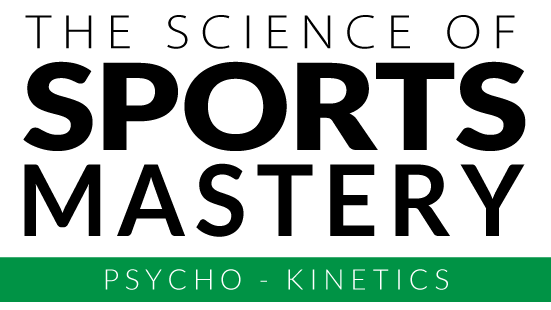
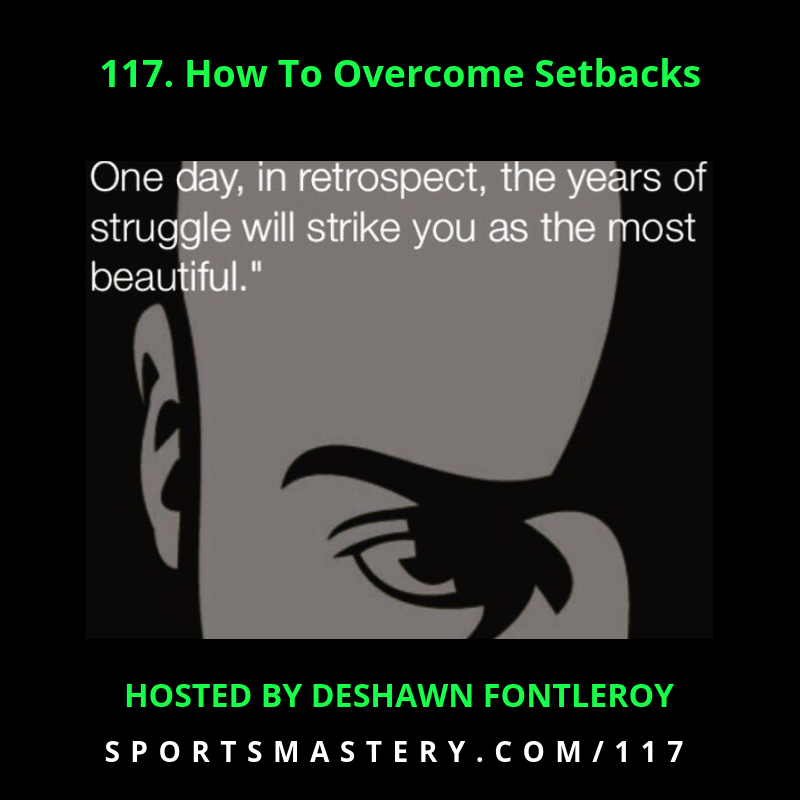
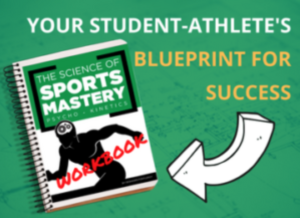

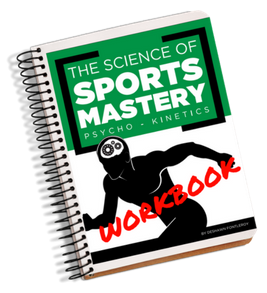

 Your Information is Safe
Your Information is Safe Secure Checkout
Secure Checkout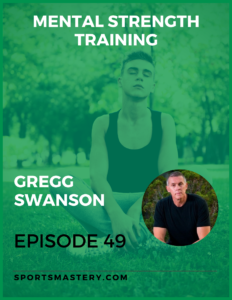
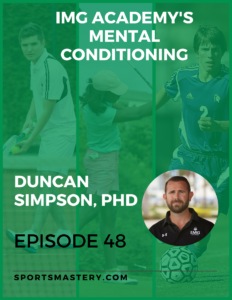
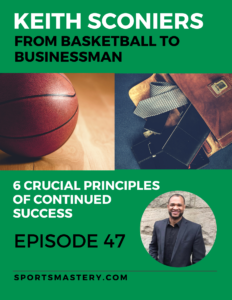
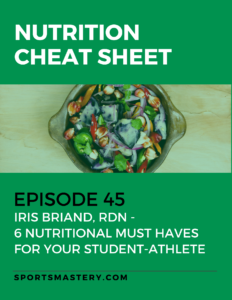
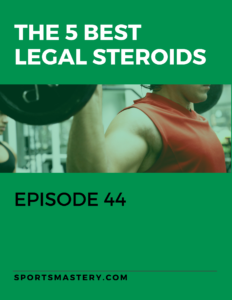

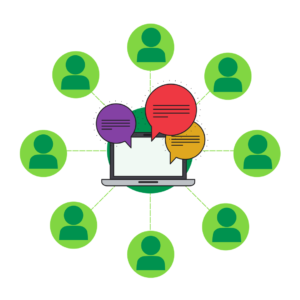 6 Week Mastermind
6 Week Mastermind